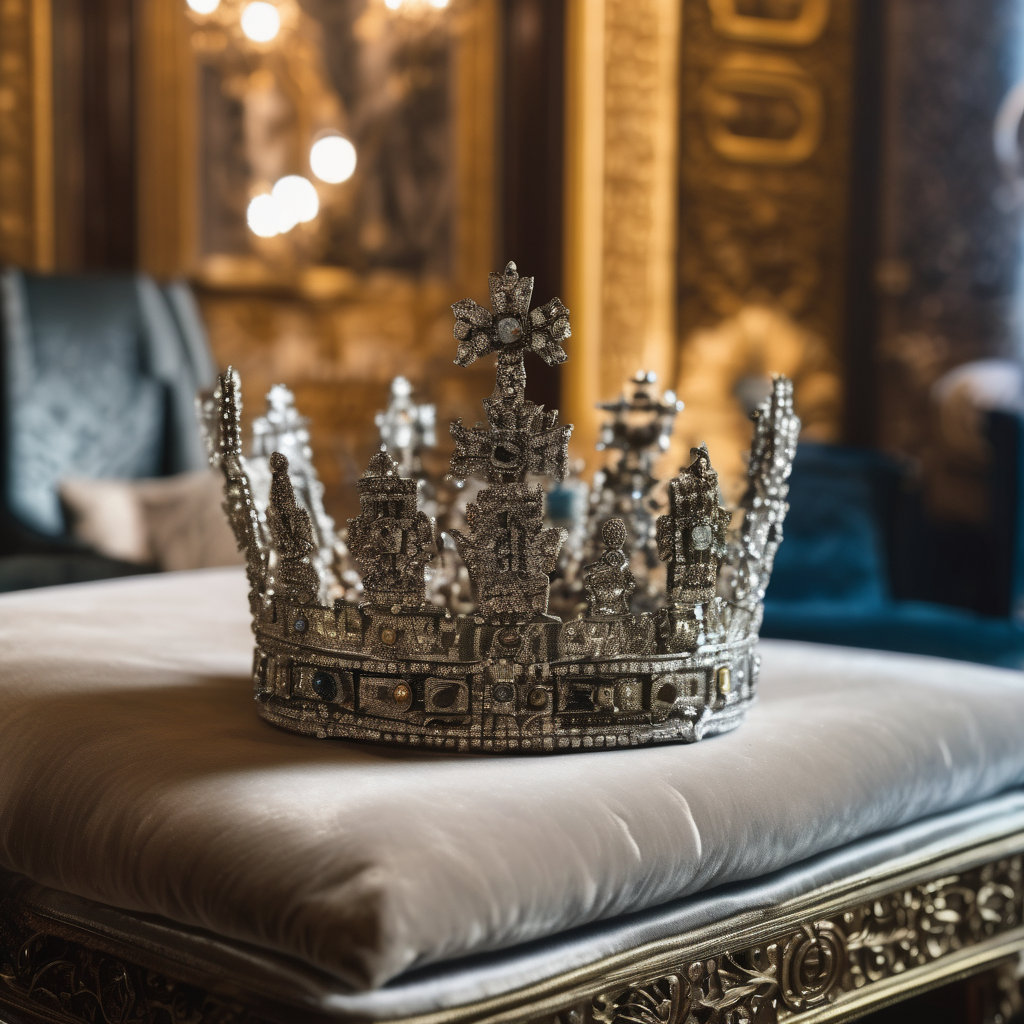Two former delivery drivers have emerged as key suspects in the heist of the French crown jewels from the Louvre Museum, with prosecutors revealing that they have “partially confessed” to their involvement. However, the valuable items, estimated to be worth around $102 million, have not yet been recovered. The first suspect, an Algerian national aged 34, was apprehended while attempting to board a flight to Algeria with a one-way ticket. The second suspect, 39, was found near his residence. Both men, known to law enforcement for previous offenses, are linked to the crime by DNA evidence.
The brazen theft occurred 10 days prior when four thieves utilized a furniture elevator truck to break into the Galerie d’Apollon. They drilled through display cases and made their getaway on scooters, all while tourists were present. Paris Prosecutor Laure Beccuau disclosed that investigations are ongoing to locate two additional suspects who remain at large. Beccuau also indicated that there is currently no evidence to suggest insider assistance facilitated the robbery.
In response to the incident, French police have acknowledged critical shortcomings in the Louvre’s security measures. Paris Police Chief Patrice Faure highlighted that outdated systems and slow-to-implement upgrades left the museum vulnerable. He pointed out that parts of the video surveillance system are still analog, hindering real-time responses. A comprehensive $93 million renovation plan, which includes the installation of 60 kilometers of new cabling, is not expected to be completed until 2029 or 2030.
Faure also revealed that the Louvre’s authorization to operate its security cameras lapsed in July and went unrenewed, showcasing a troubling oversight that compounded the theft’s impact. During the robbery, which was rapid yet straightforward, the police first received alerts not from the museum’s alarms but from a bystander outside who witnessed the thieves.
In a further complication, officials disclosed that the crown jewels were not privately insured, as the French state self-insures its national collections due to exorbitant premiums associated with covering priceless heritage items. Therefore, the Louvre will not receive any financial compensation for the theft.
Amidst the discussions on necessary changes, Faure has resisted immediate calls for a permanent police presence at the museum, arguing against measures that may not effectively deter quick, agile criminals. He advocates for modern solutions, urging lawmakers to permit the use of artificial intelligence for anomaly detection and object tracking to enhance security protocols.
This audacious theft has not only raised questions about the safety of cultural heritage but has also underscored the need for a significant overhaul of security measures at one of the world’s most visited museums. While the challenges are great, there is hope that with prompt action and future technological advancements, France can better safeguard its invaluable treasures for generations to come.
